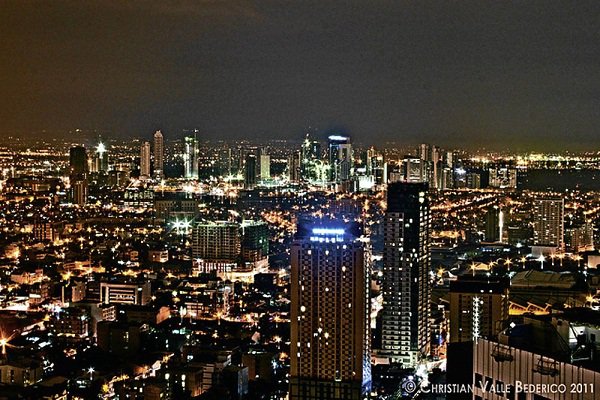Trump’s impact on PH economy a cause for concern – senators
MANILA, Philippines — Senate Minority Leader Ralph Recto and Sen. Panfilo Lacson have aired concern over the possible impact US President-elect and political neophyte Donald Trump would have on the Philippine economy, citing his expected harsh policies that may affect migrant workers and the business process outsourcing (BPO) industry.
Recto first raised the matter in interpellating the Senate finance committee chair, Sen. Loren Legarda, noting the decline in the global market as soon as Trump edged out administration bet Hillary Clinton in the Nov. 8 US polls in a stunning upset.
Recto, formerly chief of the National Economic and Development Authority, advocated for a review of the country’s macroeconomic indicators, given the anticipated impact of the incoming American President.
Already, the Moody’s Investors Service gave a negative forecast for the Philippines for next year, citing the impact of Trump’s avowed policy against immigrants on nations reliant on migrant workers’ remittances, such as El Salvador, Vietnam, and the Philippines.
“Are we planning for that already? The possible effect on OFW (overseas Filipino workers) remittances? The possible effect on BPOs? The possible effect on rising interest rates?,” Recto said.
He cited how American borrowing from the international market could increase US yields, and “people, instead of investing in the Philippines pull out their money and spend in dollars, because the yield is higher.”
Recto noted sharp drops in the global market since Trump was elected the next US President, affecting the strength of the peso. Legarda, in her response, noted how market expectations have pulled down the value of the peso to a low P49.20 to the dollar, with projections as low as between P49 and P52.
He also warned that, while the Philippines has become economically “stronger today than ever before,” a possible global economic slump might hit “between now and 2022,” noting how crises have occurred in cycles of about 10 years.
Sen. Panfilo Lacson advocated “pre-funding” or accelerating public spending on infrastructure “to cushion the effects of unemployment” that might occur en masse shouldTrump push through with his severe policy against immigrants.
“Trump has already threatened to deport around three million illegal immigrants, and many of them are Filipinos,” Lacson said.
Legarda, meanwhile, said such fears might have been heightened, as Filipinos who might be deported from the US, pegged at 271,000, “account for only 2.5 percent of total remittances.”
Speaking on behalf of the administration’s economic managers, Legarda said this would be “equivalent to only 0.2 percent of the GDP, and this is even likely overstated.” She also noted that Trump’s expected immigration policy would only apply to those with criminal records.
“I think that the world, including us, may be overstating that anxiety or fear, but it’s also good to be proactive and [to be] preparing for that,” she said on Lacson’s questioning.
If the illegal Filipino migrants are kicked out, “government will need to prepare for reintegration, retraining and even redeployment to other countries,” according to Legarda.
“But, then again, I think that all of these Filipinos will not be deported,” she said.
She, meanwhile, said government has started looking at solutions to assuage the possible impact on the BPO industry, citing initial NEDA estimates of a 10 percent decline in demand for call centers, a “sunshine industry” in the Philippines in recent years. She said this could lead to a 0.8 GDP drop.
“The BPO sector has already formulated a roadmap towards higher value-added, non-voice business processes, and currently, the Philippines is negotiating with other countries as well, with Japan, the European Union, that could create additional business opportunities for the BPO sector, which I think should also be aggressively pursued,” she said. SFM

